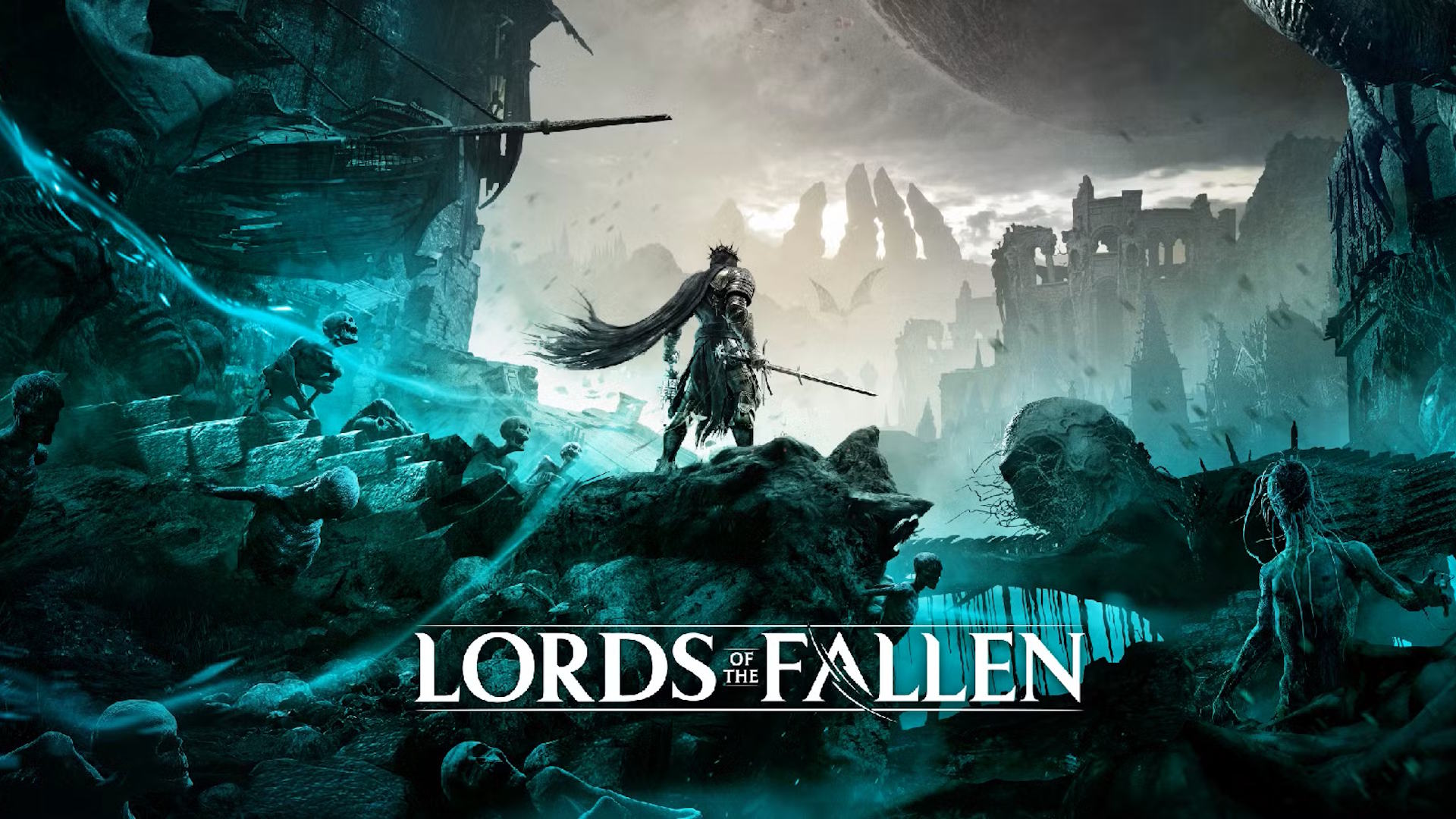I’ve played more Soulslikes than I care to admit – enough to know when something is just wearing the skin of the genre versus genuinely doing something new with it. While FromSoftware gave birth to this whole mess with Demon’s Souls and set the gold standard with Dark Souls and Elden Ring, the genre has grown beyond just punishing difficulty and moody environments, and of course, that combat that we can’t get enough of.
Other studios have stepped up, and by not just copying the formula that was seemingly perfected by FromSoft, but evolving it in ways that FromSoft hasn’t. Some real innovations are happening out there, and as someone who has bled through more bosses than I can count, it’s refreshing to see.
Take Lies of P, for example. Yeah, it looks like it’s cosplaying Bloodborne, but it brings its own tricks to the table. The weapon assembly system lets you separate the pointy and blunt parts of weapons and their hilts, giving you the freedom to craft builds that feel genuinely yours. And then there’s the Lies system – narrative choices that aren’t just flavor text but actually change the story and gameplay. FromSoft games rarely give you this kind of direct agency.
Nioh and its sequel from Team Ninja take the formula and speed it up. Instead of methodical combat, you’re dealing with high-octane stance-switching and loot systems that feel almost Diablo-esque. There’s depth here – not just in dodging and parrying but in figuring out how to min-max your gear across dozens of variables.
Then you’ve got The Surge and The Surge 2, which take Soulslike mechanics into the world of sci-fi. But it’s not just the setting that sets them apart – it’s how you fight. You’re not just hacking away at enemies. You’re targeting limbs, dismembering them to earn blueprints for gear. Combat becomes precise, surgical even. It forces you to think about every strike. Beyond that, the developer even added a smart twist to boss fights. If you defeat a boss in a specific way by targeting certain limbs or components, you’re rewarded with enhanced gear instead of the standard drops. It’s an innovation I still haven’t seen repeated in any other Soulslike game.
Mortal Shell adds a twist with its “Harden” mechanic that lets you freeze in place to absorb hits and counterattack. It changes how you approach combat entirely. You’re not just dodging or blocking – you’re baiting, timing, and countering in ways that feel different from the usual Souls rhythm. And the idea of shells – swappable classes with their own quirks – gives it a rogue-lite flavor without losing the genre’s identity.
Meanwhile, Thymesia goes all in on aggression. Playing it safe? You’ll get punished. Enemies heal unless you keep the pressure on. Its wound-based system and plague weapons encourage you to stay in their face, chaining combos to survive. It’s Sekiro on fast-forward, and it works. It’s just a shame that the game has been all but forgotten due to a number of issues with the game.
Remnant and its sequel, Remnant II, bring guns into the mix, two games that I’m surprised that more people didn’t play, which shows that Soulslikes can exist outside of melee fantasy. Dodging, stamina management, and boss design are all here, but layered with third-person shooter mechanics and randomized biomes. Every run feels different, which is something even FromSoft hasn’t nailed.
And then there’s Another Crab’s Treasure, which might look like a punchline at first glance, but after playing it through, it’s clear this is a fantastic entry-level Soulslike with a surprisingly heartfelt story. Sure, you’re playing as a Hermit crab wielding a bottle cap as a shield – but beneath the goofy premise is a fully realized Soulslike experience. The combat is clever, the customizable shells add depth, and the accessibility options open the door for players who normally bounce off the genre. It’s proof that you don’t need grimdark castles and brooding antiheroes to make a Soulslike worth playing.
Sure, these games aren’t perfect, and some don’t measure up to the House of Fromsoftware, but they all try to expand the definition of what a Soulslike can be. FromSoftware lit the torch, but these games are carrying it into weird, exciting new places. As someone who’s seen this genre evolve from its awkward beginnings to mainstream obsession, that’s the kind of innovation I love to see, and I can’t wait to see what the next Soulslike developer introduces to innovate the genre once again.





